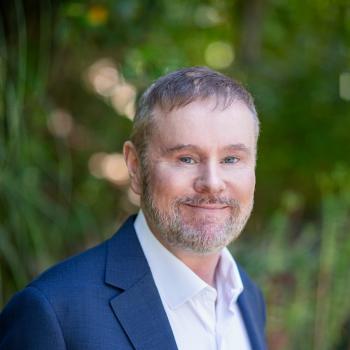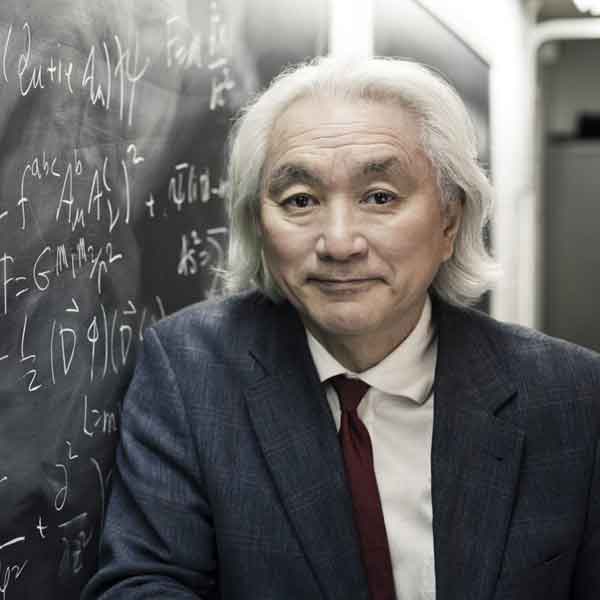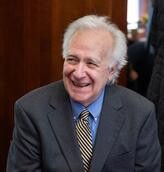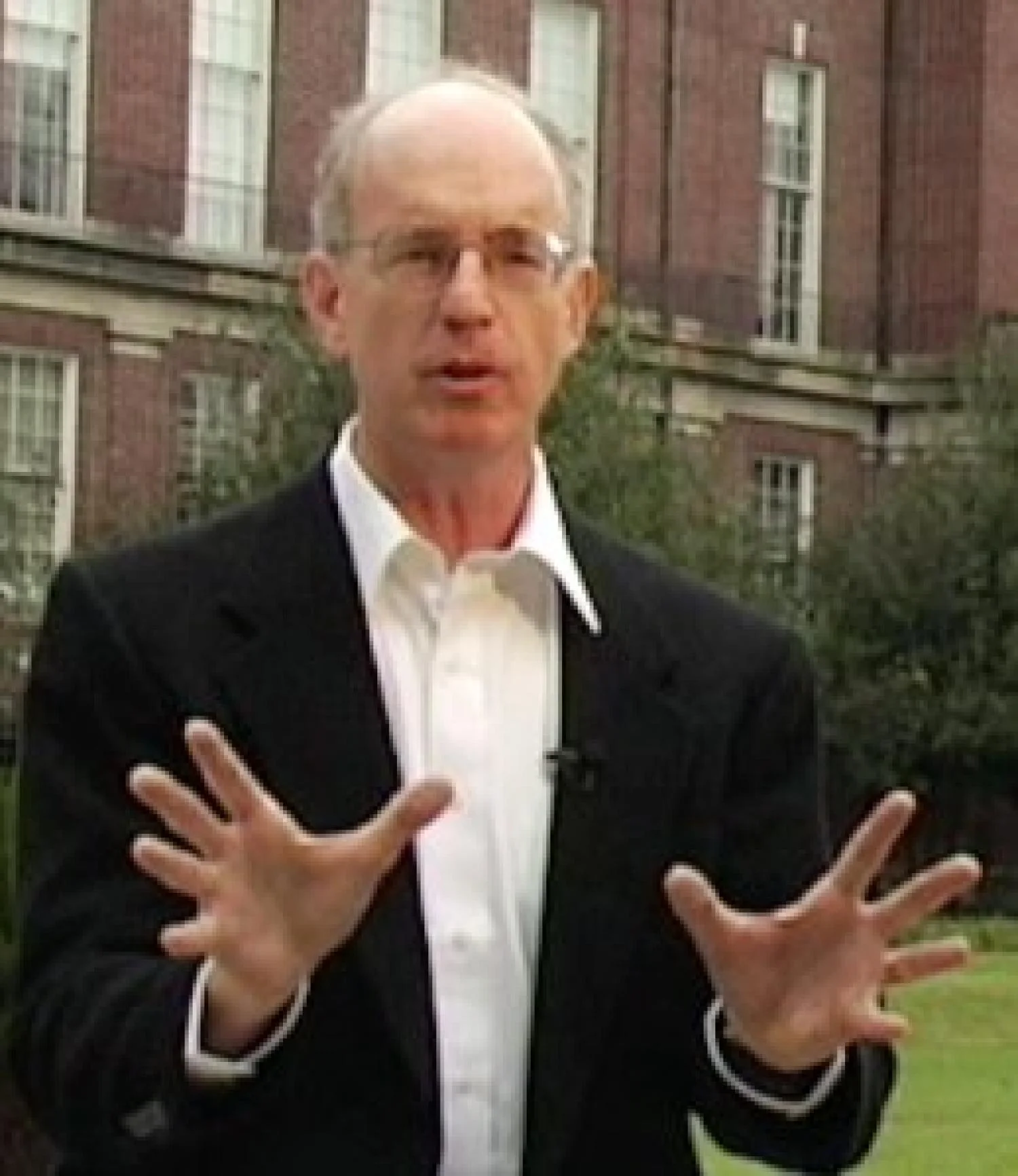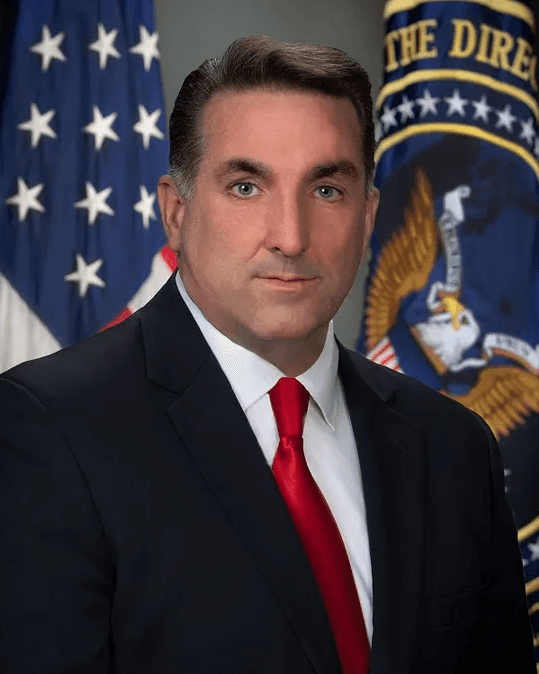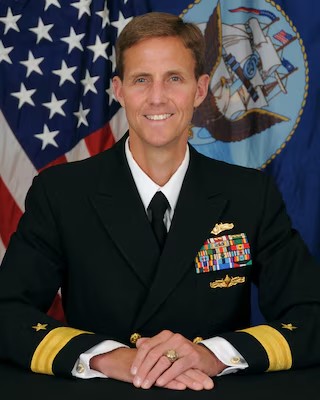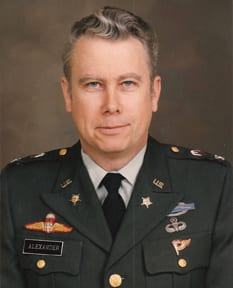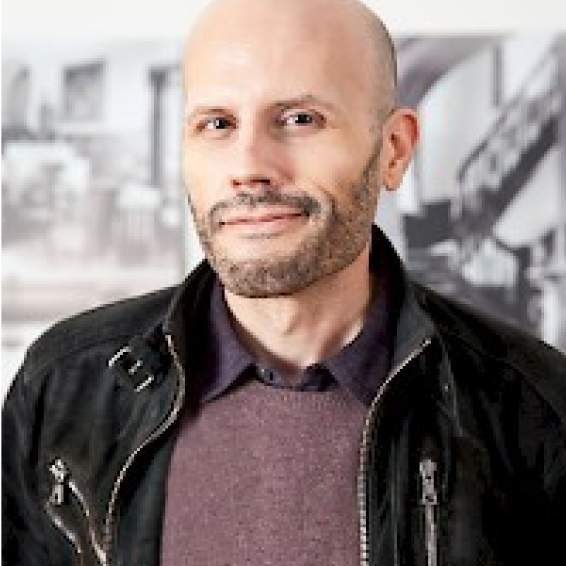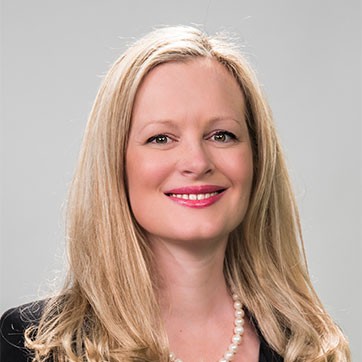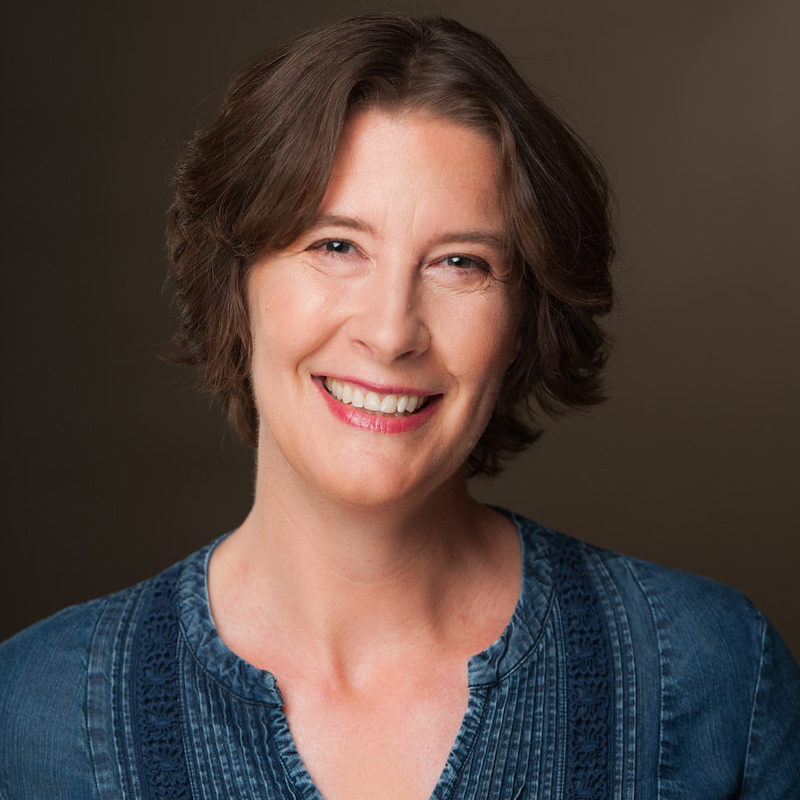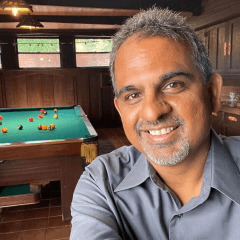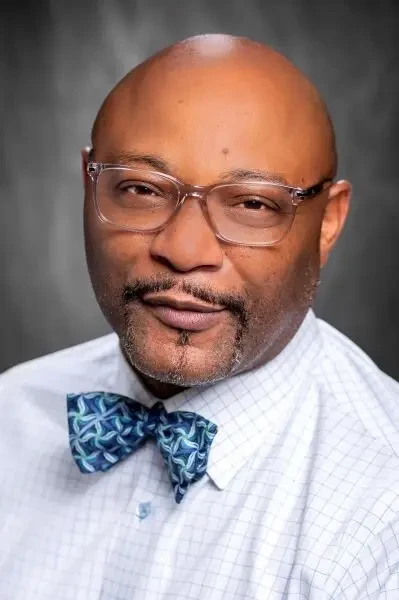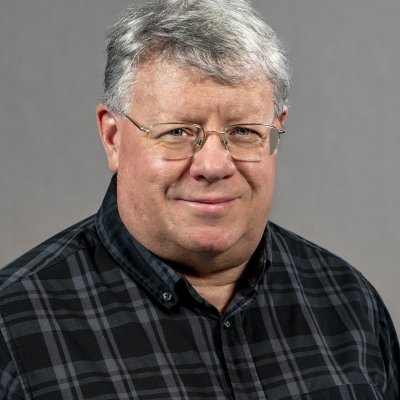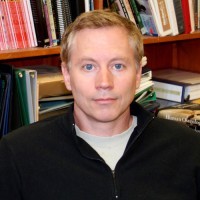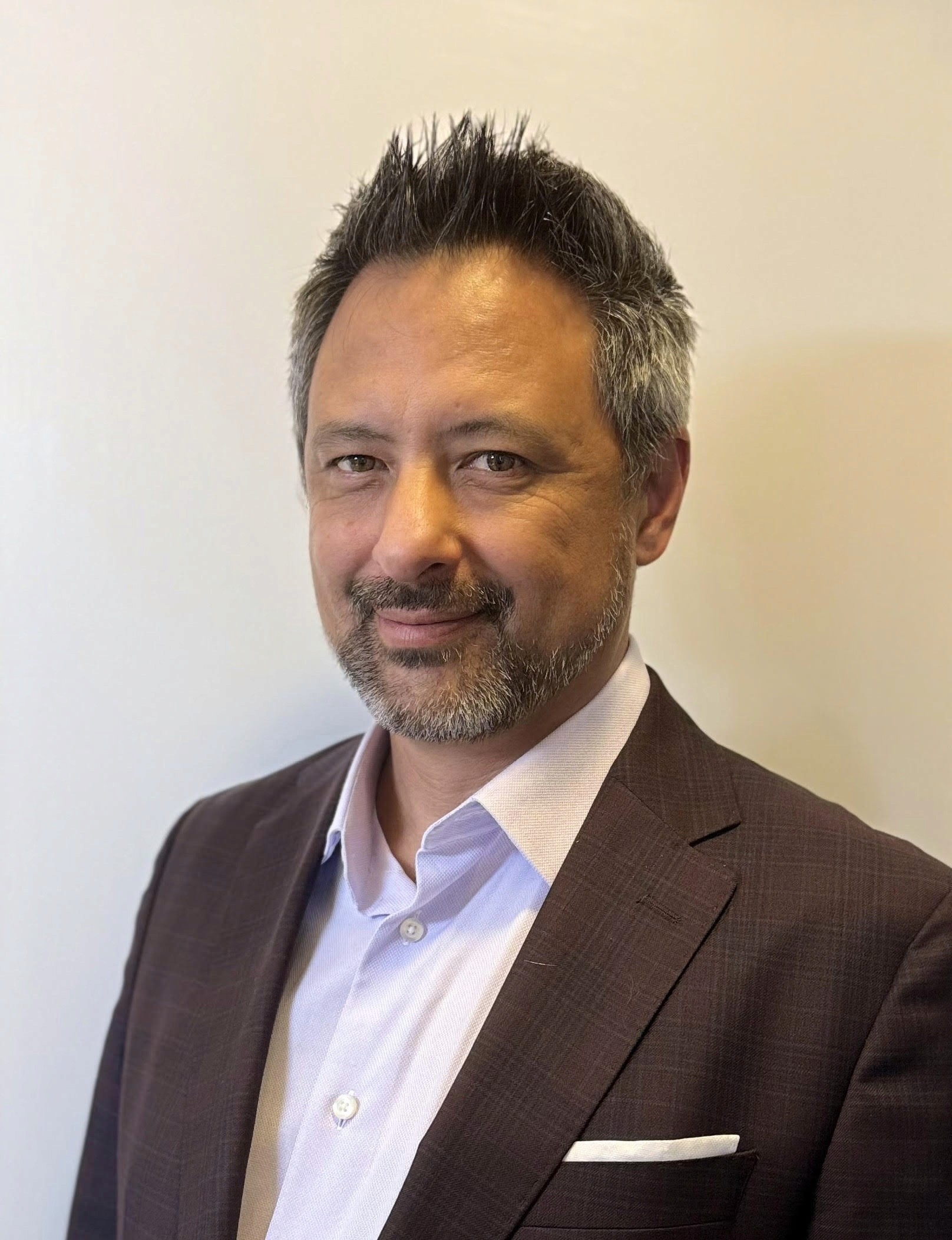Experts Letter to Congress on UAP Oversight

A Collective Call for Transparency and Responsible Oversight of Unidentified Anomalous Phenomena
In an unprecedented step, leading scientists, scholars, and national security experts have come together to advocate for enhanced congressional oversight on UAP-related matters. This letter, signed by dozens of experts across diverse fields, underscores the importance of an independent review process to ensure transparency, protect national security, and foster public trust.
We invite Congress to act on these recommendations and join in creating a pathway for rigorous inquiry into this critical issue.
As scientists, scholars, and national security experts, we are focused on advancing the public good across numerous disciplines, furthering human understanding while maintaining America’s technological edge. With this perspective and a collective experience measured in centuries, we urge you to strengthen congressional oversight on the serious issue of unidentified anomalous phenomena (“UAP”).
Congress has demonstrated leadership on this topic by enacting requirements in recent years for military and intelligence community personnel to report UAP observations and by directing a joint program office within the Department of Defense to gather, analyze, and report UAP data.1 We applaud statutory protections afforded to government employees and contractors who allege the existence of UAP programs, which may be operating without congressional approval.2 And we support measures in last year’s defense authorization act—offered again this year—that prohibit taxpayer dollars for UAP activities not disclosed to the appropriate legislative authorities.3
Despite this progress, proper oversight remains elusive. Although the UAP Disclosure Act, a landmark transparency bill, passed the Senate in 2023, key provisions were deleted in conference.4 Proposed again this year, the Act was unfortunately omitted from the pending defense authorization bill despite strong bipartisan support from the Senate Majority Leader and key members of the Senate intelligence and defense committees.5 The eliminated provisions would have empowered an independent review board of subject matter experts to examine all relevant governmental UAP data regardless of security classification and provide the President with a thorough, truthful, and independent assessment of the UAP issue.6 Robust and accountable mechanisms for making such information available to researchers and the public were also left unenacted.7
These provisions offer the best possible path for meaningful oversight. Enacting them would address serious concerns—increasingly voiced by Congress and the American people—regarding major shortcomings in the government’s UAP policy.8 The Act’s review board is vital to ensuring that a comprehensive archive will be subjected to open and skeptical inquiry by scientists, scholars, the media, and Congress, and that the executive and legislative branches receive a full accounting of the government’s activities relating to UAP. Independent review of UAP records, activities, and material will serve to restore faith in our democratic institutions and ensure the Nation’s security. We therefore urge you to pass these provisions of the UAP Disclosure Act, as well as to act on other UAP legislation before Congress.9
We also encourage Members to vigorously seek answers through briefings, hearings, review of nominations, and all other appropriate means. We firmly believe that undue secrecy undermines faith in our government and is inconsistent with America’s long-term security, as well as its scientific and economic potential.
1 50 U.S.C. § 3373.
2 National Defense Authorization Act for Fiscal Year 2023, Pub. L. No. 117-263, § 1673(b), 136 Stat. 2395, 2960 – 61 (2022).
3 National Defense Authorization Act for Fiscal Year 2024, Pub. L. No. 118-31, §§ 1687, 7343, 137 Stat. 136, 621 – 22, 1063 – 64 (2023); S. 4638, § 1544, 118th Cong. (2nd Sess. 2024); S. Amdt. 3290, § 1003, 118th Cong. (2nd Sess. 2024).
4 Compare S. 2226, §§ 9001 – 9015, 118th Cong. (1st Sess. 2023) (as passed by the Senate, July 27, 2023), with Pub. L. No. 118-31, §§ 1841 – 1843, 137 Stat. 699 – 706.
5 S. 4638; S. Amdt. 2610, 118th Cong. (2nd Sess. 2024).
6 S. Amdt. 2610, §§ __07, __09.
7 Id. § __09.
8 Kayla Guo, Congress Orders U.F.O. Records Released but Drops Bid for Broader Disclosure, N.Y. TIMES (Dec. 13, 2023), ; Daniel De Visé, The Truth Is Out There: More Americans Believe in UFOs, THE HILL (Aug. 2, 2023).
9 S. Amdt. 3290, §§ 801 – 807, 1001 – 1003; H.R. 6967, 118th Cong. (2nd Sess. 2024); H.R. 8424, 118th Cong. (2nd Sess. 2024).
The signatories of this letter have joined as individuals, and their participation does not represent the views, positions, or endorsements of the organizations or institutions with which they are or have been affiliated. Logos displayed alongside names are solely for identification purposes and do not imply any institutional endorsement or involvement in this initiative.
Garry Nolan, Ph.D.
The Rachford and Carlota A. Harris Professor in the Department of Pathology
Stanford University, School of Medicine
Avi Loeb, Ph.D.
Frank B. Baird, Jr., Professor of Science
Harvard University, Department of Astronomy
Michio Kaku, Ph.D.
Theoretical Physicist; Science Communicator; Futurologist; Professor of Theoretical Physics
City College of New York; CUNY Graduate Center; BBC (Television Specials); Discovery Channel; History Channel; Science Channel
Carlos Eire, Ph.D.
T. Lawrason Riggs Professor of History and Religious Studies
Yale University
Jeffrey J. Kripal, Ph.D.
J. Newton Rayzor Chair in Philosophy and Religious Thought
Rice University
Michael Zimmerman, Ph.D.
Professor Emeritus
University of Colorado at Boulder, Department of Philosophy
Christopher Mellon
Former Deputy Assistant Secretary of Defense for Intelligence; Former Staff Director
Department of Defense; Senate Select Committee on Intelligence
I. Charles McCullough III, J.D.
Former Inspector General of the Intelligence Community; Senior Counsel for Law Enforcement and Intelligence; Supervisory Special Agent
Office of the Director of National Intelligence (ODNI); National Security Agency (NSA); U.S. Department of the Treasury; Federal Bureau of Investigation (FBI)
Tim Gallaudet, Ph.D.
Rear Admiral, U.S. Navy (Ret.); Former Acting Under Secretary of Commerce for Oceans and Atmosphere; Former Acting Administrator of the National Oceanic and Atmospheric Administration
Department of Commerce
Luis Elizondo
Former Head of the Advanced Aerospace Threat Identification Program; Former Director, National Programs Special Management Staff
Department of Defense; Office of the Under Secretary of Defense for Intelligence and Security
Lt. Ryan Graves, U.S. Navy (Ret.)
Former U.S. Navy Lieutenant and F/A-18F Pilot; Executive Director of Americans for Safe Aerospace
Americans For Safe Aerospace
Lt. Cmdr. Alex Dietrich, U.S. Navy (Ret.)
Lieutenant Commander, U.S. Navy (retired), and Scholar in Residence
University of Colorado at Boulder, College of Engineering
Col. John B. Alexander, U.S. Army (Ret.)
Retired U.S. Army Colonel; National Security Consultant; Former Director, Advanced Concepts; Non-Lethal Weapons Specialist
U.S. Army; Los Alamos National Laboratory; National Institute for Discovery Science; Advanced Theoretical Physics Working Group
Peter Skafish, Ph.D.
Co-Founder, Sol Foundation; Sociocultural Anthropologist; Researcher; Author
Sol Foundation; University of California, Berkeley (Former); Collège de France (Former); McGill University (Former); Bauhaus-University, Weimar (Former); Institute of Speculative and Critical Inquiry
Diana Walsh Pasulka, Ph.D.
Professor
University of North Carolina at Wilmington, Department of Religious Studies
Jacob Haqq-Misra, Ph.D.
Senior Research Investigator at Blue Marble Space Institute of Science
Blue Marble Space Institute of Science
Anna Brady-Estevez, Ph.D.
Space and Disruptive Technologies Researcher
Former National Science Foundation Fellow, Yale University
Michael F. Lembeck, Ph.D.
Affiliate Clinical Associate Professor, Aerospace Engineering
University of Illinois
Julia Mossbridge, Ph.D.
Affiliated Professor, Physics and Biophysics; Founder and Research Director; Co-Founder and Board Chair; AI Council Member; Founder
University of San Diego; Mossbridge Institute; TILT: The Institute for Love and Time; Intelligence and National Security Alliance; RISE: Research and Innovation at the Scientific Edge
Rizwan Virk, S.B., S.M.
Faculty Associate & Ph.D. Candidate; Founder, Play Labs @ MIT; Author of The Simulation Hypothesis
Arizona State University; Play Labs @ MIT
Matthew Szydagis, Ph.D.*
Associate Professor
State University of New York at Albany, Department of Physics
Michael Angelo, Ph.D., M.D.
Associate Professor of Pathology
Stanford University, School of Medicine
Stephen C. Finley, Ph.D.
Inaugural Chair, Professor
Louisiana State University, Department of African and African American Studies
Robert W McGwier, Ph.D.
Affiliated Faculty; Founder HawkEye 360
Virginia Tech; University of Scranton
Kevin Knuth
Professor of Physics
State University of New York at Albany, Department of Physics
Hussein Ali Agrama, Ph.D.
Associate Professor of Anthropology and Social Sciences in the College; Associate Faculty, Divinity School
The University of Chicago
Michael P. Masters, Ph.D.
Professor of Biological Anthropology; Author; Researcher on Hominin Evolution and the UFO Phenomenon
Montana Technological University
Steven Brown, Ph.D.
Associate Professor of Teaching Philosophy
Ohio State University
Yuan Fung
Executive Director
UAP Disclosure Fund
